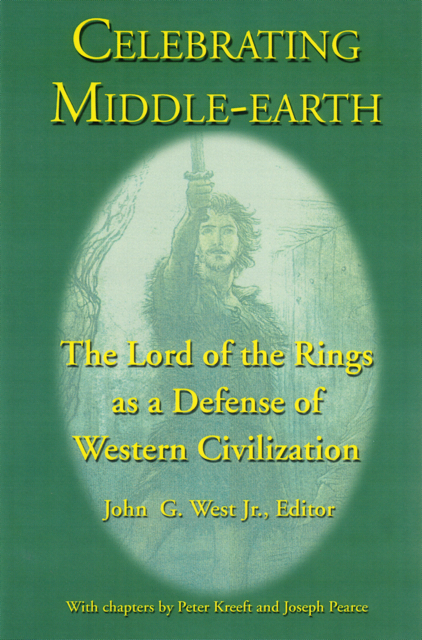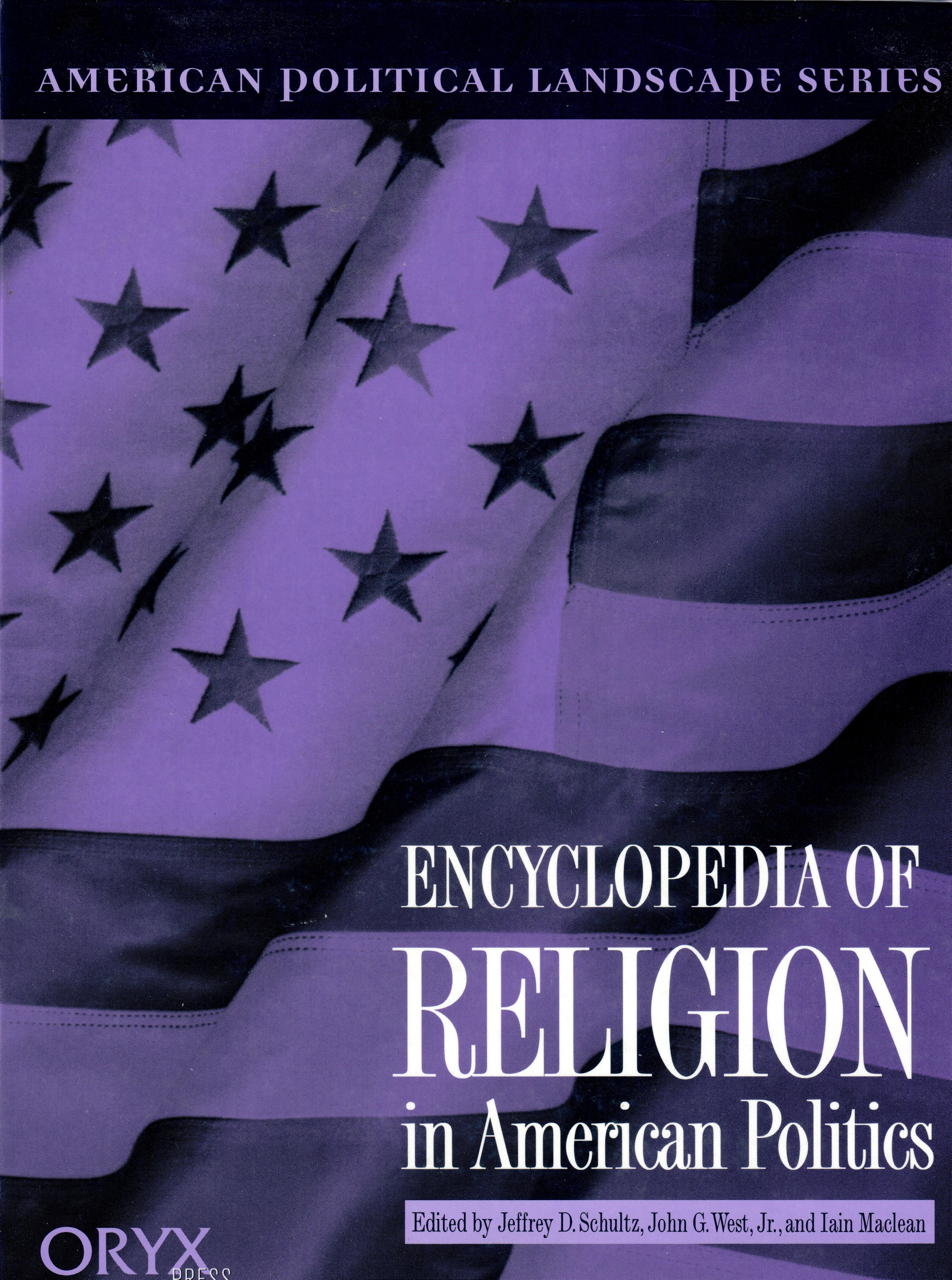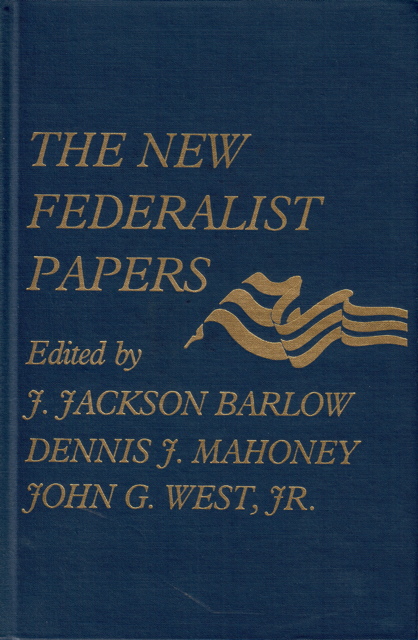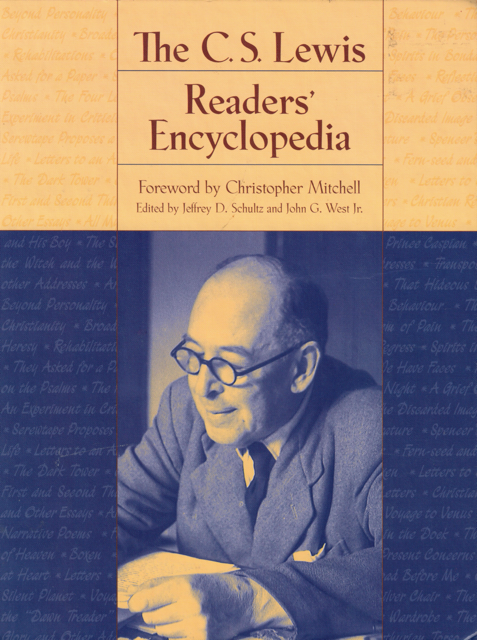
God and Evolution: A Response to Stephen Barr
Theistic evolutionist Stephen Barr is a serious and thoughtful man, and on the First Things blog, he has raised some serious and thoughtful objections to an essay I wrote for The Washington Post as well as to reflections on that essay by Joe Carter (also at the First Things blog). Unfortunately, I think Barr’s criticisms confuse matters more than they clarify them. Nevertheless, I’m grateful that he has aired his objections, because some of his misunderstandings are shared by other conservative intellectuals, and they deserve a response.
False Dilemma or Wishful Thinking: Is Darwinian Evolution Undirected or Not?
Barr first claims that Joe Carter and I “are trapped in a false dilemma” because we wrongly think that random processes cannot be directed by God. Barr points out that even random events, properly defined, are part of God’s sovereign plan. Just because something is random from our point of view, doesn’t mean that it is outside of God’s providence. Barr may be surprised to learn that I agree with him. Indeed, most, if not all, of the scholars who believe that nature provides evidence of intelligent design would agree with him. The problem with Barr’s argument is not with his understanding of the proper meaning of random, but with his seeming blindness to the fact that the vast majority of evolutionary biologists do not share his view. Barr’s ultimate disagreement here is not with me or Joe Carter, but with the discipline of evolutionary biology itself.
Read More ›



